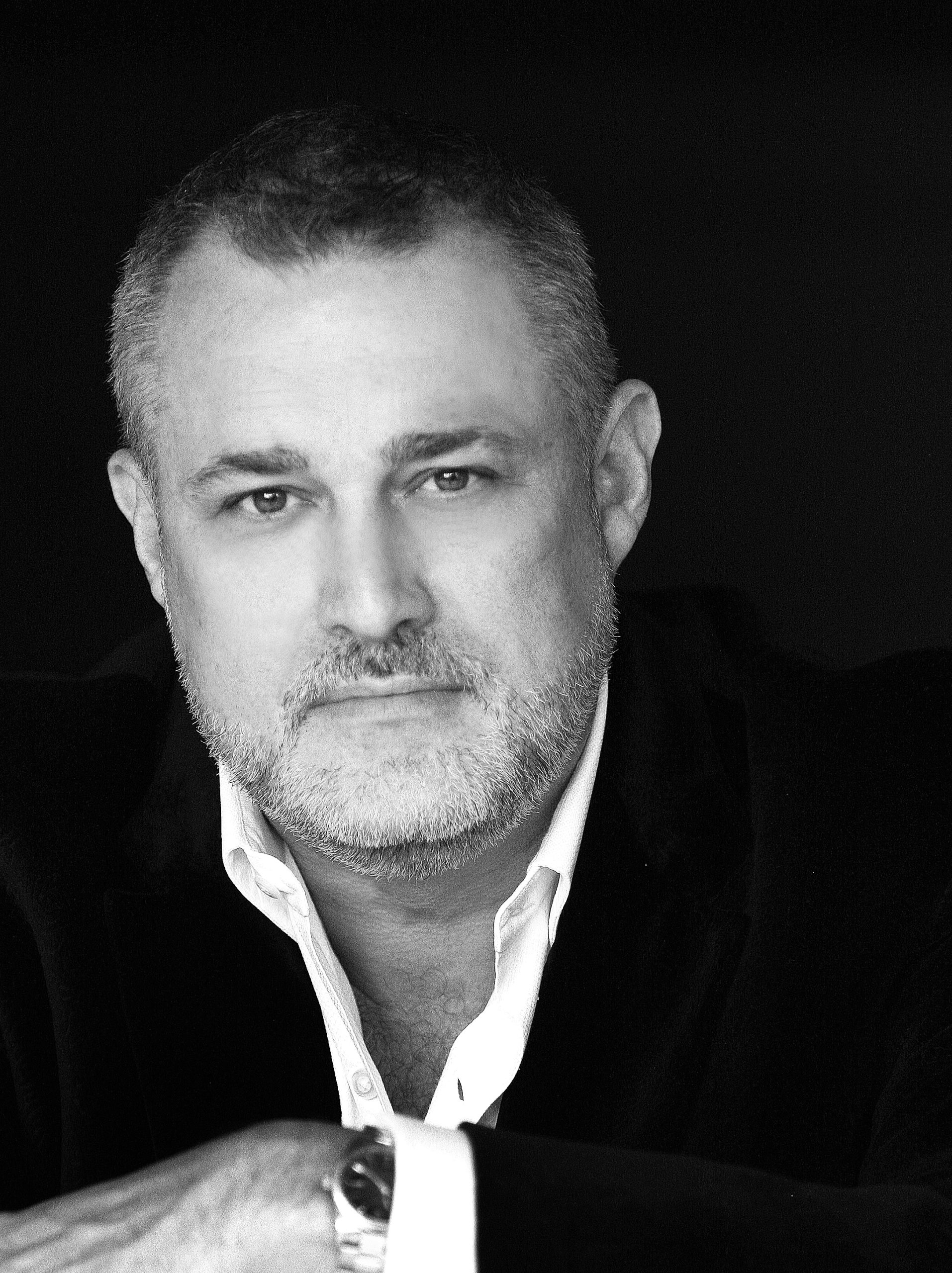
From Game Maker to Game Changer – What Pictionary Can Teach Us About Business

You’ve probably heard that there’s an inner artist inside us all. Whether that’s true or not is debatable.
I’m a businessman, not an artist, but I have been known to play a bit of Pictionary from time to time. Recently, Rob Angel, who invented Pictionary, joined me for an episode of All Business with Jeffrey Hayzlett. Even Rob admits he can’t draw, but he knows why millions are drawn to the game.
“The thing about Pictionary is the brand isn’t the drawing. It isn’t the name. The brand really is the excitement and the fun that you have,” he said. “If you can’t draw or you can’t sketch, it doesn’t matter. It’s like a rock concert. You know everybody’s engaged. You remember those moments.”
He added, “All your senses are alive, so drawing is not paramount to winning or playing, you’re having a good time.”
What impresses me the most about the game is the premise is very simple. At its core, it’s a piece of paper and a pencil. Things we all have lying around our house right now! However, none of us invented a product that sold more than 30 million units in 60 countries. So how did Rob do it?
In 1982, he graduated from college and moved in with some friends. One of the roommates introduced him to a game called Trades on Paper. At the time, board games like Trivial Pursuit and Risk were popular ways to pass the time. Rob and his friends would talk about making Trades on Paper into a board game, but the idea never got off the ground.
“I got inside my head,” he recalled. “I can’t do it. I’m just a waiter. All this negative self-talk and limiting beliefs totally took over for two years. I had to stop. I had to stop doing that.”
So, Rob and his buddies set off to make a game.
“We had no business being in the game business,” Rob said. “I didn’t have a plan. Why ruin a good business with a plan?”
While he couldn’t wrap his head around creating a business plan, Robert knew he had to come up with something. He went to the back yard, opened up the dictionary, and started building a word list.
“I opened (the dictionary) up and wrote down the first word that made sense, aardvark,” Rob said. “That’s why I called the whole thing, finding your aardvark. That changed everything. That changed my mindset from ‘I’m a waiter’ to ‘I’m a game inventor. It took two years to write aardvark. It took 30 seconds to write the second word. It just got faster. By the time I was done, I was a game inventor.”
Soon Rob had a yellow legal pad filled with more than 5,000 words. About half made it into the first version of Pictionary. By the way, Robert still has that legal pad today.
By now, they had come up with a straightforward business plan.
“Our business plan was written, I swear, on the back of a cocktail napkin that my partner took from under my beer,” Robert remembers. “He writes down: make games, sell games. That’s it.”
The original plan was to produce 1,000 games, by hand, at their apartment.
Robert said their ambition was matched by their inexperience in business. He doesn’t think they would have been as successful if they actually understood the game business.
“If we had known what we’re doing. I wouldn’t be sitting here,” Rob said. “We did everything by intuition, by gut. There was no internet to say, ‘How do you market a game?’ Without question, too much information would have stymied us because we just had to make choices. Right, wrong or indifferent and live with them.”
Rob said they came up with the name Pictionary right away, but there was a slight hiccup. There was a game already on the market called Fictionary, so their original trademark application was denied. Instead of getting lawyers involved, Robert called the trademark owners and got the OK to move ahead with Pictionary.
“Our intention was always to create a game that people would love. The graphics were important, the rules were important, but the ultimate deal of the game was to have fun,” Rob said.
With that in mind, Rob said the company began listening to consumers early on. It helped shape some of the game’s rules. Doing this allowed the founders to realize they didn’t know everything and stayed true to the game’s vision and purpose.
That lesson came in handy a few years later when game giant, Milton Bradley, came knocking on their door, offering millions for Pictionary’s rights. Rob said they turned it down after Milton Bradley refused to commit to keeping Pictionary’s rules, graphics, or packaging intact. Rob said he didn’t want his financial future tied up with Milton Bradley’s vision of Pictionary.
“We had no plan B. We were willing to go back to waiting tables and stay waiting tables than compromise our vision and our dream,” he recalls. “We stayed with it for 16 more years, we weren’t going to walk away…There was a lot of money to be made. I called (Pictionary) my 17-year start-up.”
Rob said they could walk away from the Milton Bradley deal and remain friends with his partners to this day because of one key thing: shared values.
“We all have integrity. That’s what’s important to me,” Rob said. “When the chips were down, and they were, we had each other’s back. We could trust each other.”
He added that they learned that lesson early on, during one of their first runs. A manufacturing glitch had Rob and his partners sorting through a half-million game cards. It tested his fear of failure.
“But guess what? When we were done, my two partners and I did it together. We bonded,” he remembered. “We understood we had each other’s back. It created this connection that we didn’t have because we had this shared enemy to fight against. That set up on the path of the next 15 years of this beautiful friendship and connection.”
In 2001, Rob and his crew found the perfect partner in toy giant Mattel. While everyone is happy with the deal, Rob did confess something during the interview.
“I would have gotten out earlier,” Rob said. “The last five years, it was a job. I’d lost my passion.”
Since selling Pictionary, Rob did non-profit work and wrote a book. Now he’s getting his creative juices flowing again, working on ideas for new games, a possible TV show, and other endeavors.
He said a lot about the game industry has changed since his buddies came up with Pictionary in the 1980s. For one, the barrier to enter the business is a lot lower because of the internet and crowdfunding platforms like Kickstarter, but he does offer a word of warning.
“What’s your intention for this,” Rob said. “if their idea is, they’re going to make a lot of money, it’s really difficult because there’s so many (games). You better rethink that.”
I had a great time talking to Rob. So many business lessons to learn from and I felt like we just hit the tip of the iceberg.
We covered much more during our episode about the business of Pictionary and Rob’s advice to young entrepreneurs. You can listen to the full episode here.
- Break Free From Founder Dependence: Strategies for Business Success? - June 14, 2023
- The Gentle Leader’s Playbook: Mastering Employee Performance Without Being a Jerk - June 14, 2023
- Leading Through Future Uncertainty - June 7, 2023






